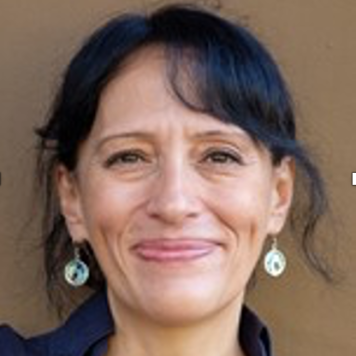Open data – government data and information that is available for everyone to access and share – is a vital tool to enhance transparency, accountability and reduce corruption. The more citizens know about official statistics, government spending and the details of legislation, for example, the better government can be held to account. Open data keeps governments alert, responsive and honest. It means better policies for society, the economy and the environment, and help ensure no one is left behind.
Both the Right to Information (RTI) and open data share the same objectives: wider availability of public information. Broadly defined as the legal right of citizens to access information held by public bodies, RTI reflects the principle that all government information is public information and should only be withheld for legitimate reasons such as national security, personal privacy, or public order.
Different countries may use different terms or definitions (e.g. Freedom of Information (FOI), Access to Information (ATI) or ‘the right to know’) but the principles are the same. Proactive disclosure, the convention of providing information with no requirement for it to be requested, can also be incorporated; and the concept of open government, founded on transparency, integrity, accountability, and stakeholder participation is intimately related.
RTI is central to the fundamental human right to freedom of expression. It is recognized in the 1948 Universal Declaration of Human Rights and the 1966 International Covenant on Civil and Political Rights. It is also an important element of the 2030 Agenda and the Sustainable Development Goals (SDGs), with SDG 16 including the requirement to “ensure public access to information and protect fundamental freedoms, in accordance with national legislation and international agreements”. Designed to be both an enabler and an outcome of sustainable development, SDG 16 acknowledges that RTI is critical to developing transparent, efficient and accountable institutions, and delivering sustainable and equitable development.
The United Nations Convention against Corruption (UNCAC), the only legally binding multilateral international anti-corruption treaty, makes specific reference to the role of RTI in combating corruption. Article 10 specifies the importance of allowing citizens to obtain information on government processes, reports and decisions, along with the need to facilitate access.
The benefits of robust RTI frameworks are multifarious. They include enhanced democratic governance, public sector efficiency, citizen participation and economic development. Accurate media reporting also benefits, along with innovation and economic growth, and RTI allows corruption to be detected more easily.
In the Pacific, the Cook Islands was the first Pacific Island country to adopt an RTI law when it enacted an Official Information Act in 2008. Palau followed in 2014 when it passed an Open Government Act. In 2016, Vanuatu passed a Right to Information Act, and in 2018 Fiji passed an Information Act. Other initiatives include Tonga’s launch of its Information Disclosure Policy in 2012, and ongoing work in Solomon Islands, Papua New Guinea and Kiribati on drafting FOI laws. The Federated States of Micronesia also recently developed a draft FOI law, which is currently under review.
The 2020 Pacific Unity Against Corruption ‘Teieniwa Vision’ provided further impetus towards improved RTI in the region by explicitly promoting RTI as a powerful anti-corruption tool. This important development, which was endorsed by 18 Pacific Leaders in February 2021, also emphasized the need to protect genuine whistle-blowers and involve independent civil society and responsible media organizations in national and regional anti-corruption efforts.
UNDP is committed to promoting RTI in the Pacific. This involves providing policy development and institutional support, and encouraging collective action by governments, civil society, media organizations, businesses and local communities. These efforts, such as those in Vanuatu, Samoa and the Federated States of Micronesia, for example, are an important part of UNDP’s governance work on Agenda 2030 and SDG 16. Let us hope that this vision of peaceful, just, inclusive and rights-based societies will translate into reality for all Pacific islanders by 2030.

